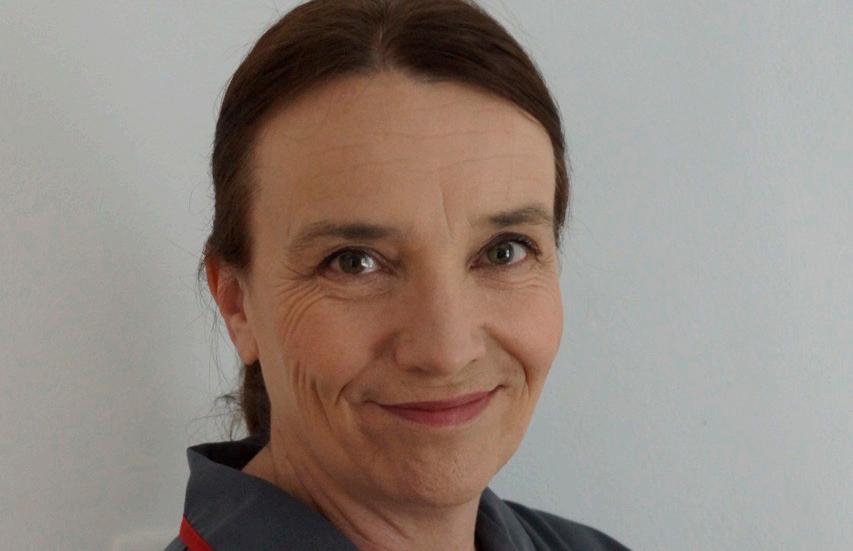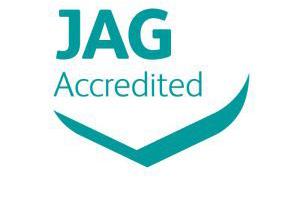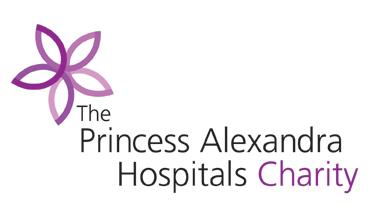
11 minute read
Patient stories: care during the coronavirus (COVID-19) pandemic
Our amazing people have responded to the demands of coronavirus (COVID-19) with extraordinary energy, effort, and dedication to our patients. We have transformed the way that we provide care in the last few months to ensure the safety of our patients and our people. Some of our patients who have recently been treated for coronavirus (COVID-19) at our hospital have shared their stories and words of thanks with us below.
Terry Philpot.
Married grandfather Terry Philpot, 66, a retired London black cab driver, from Puckeridge, Hertfordshire
Terry said:
On Saturday, 28 March, I went to bed early because I was feeling really tired. On the Sunday, 29 March, I was still very tired, and I felt hot and sweaty.
On the Monday morning (30 March) my wife, Pat, was worried about me – I’ve had chronic obstructive pulmonary disease (COPD) for 15 years - but I thought I was all right. She realised how ill I was and called an ambulance. When the paramedics arrived and took my temperature it was 40.4°C, and I was taken to hospital.
I was taken to a ward, I had lots of tests and was given antibiotics and paracetamol. I had really good care from all of the lovely staff.
While I was in hospital I didn’t think I was feeling too ill really, but when I found out I had coronavirus (COVID-19), I was worried I might die because of my COPD. I tried to take my mind off it, and I slept a lot of the time when I was on the ward.
In the afternoon of Thursday, 2 April, my doctor said I was well enough to go home – I was feeling ok by then. I thought, as long it stays like this, I’m good as gold, I want to go home right now!
I’m feeling a lot better now, day on day. I’m eating and drinking ok, but I have lost a stone, from 12 and a half stone to 11 and a half stone.
The staff were one big team working together, everyone did something different, but it all mattered. I couldn’t have wished for any more and I am still standing here because of them.
Those nurses and doctors are the reason that I’m alive – they saved me. I just think they’re angels, they cared so much.”
Terry’s wife, Pat, 65, added:
When Terry came home he was in bed sleeping for days and days. I think I had it too, but I just felt ill with a bit of a cough and a bad headache.
The staff were really nice, and they kept us really well informed about Terry. They really put my mind at rest.
Terry said he means every word of thanks for saving his life, and I am looking forward to our 50th wedding anniversary this November.
Married grandmother Margaret Ferguson, 66, a retired healthcare assistant in a care home, from Harlow
Margaret said:
At the beginning of April, I was feeling unwell and had terrible headaches and just kept sleeping. I wasn’t eating and I lost a stone and a half in weight and my daughter said ‘right, that’s it’, and took me to hospital – it was Wednesday, 8 April.
I didn’t realise how poorly I was. I was taken to a ward and I was there for so many days. I just kept sleeping, so I was fine.
I was looked after very well. I took it all in my stride – I thought ‘I’m going to get better’.
I was discharged on Tuesday, 14 April, and every day I feel stronger. I’ve missed the visits from my family – they could only come to the end of the path. I just want to get outside that gate!
Margaret Ferguson.
I really don’t know how to say a big enough thank you – what the staff do is just unbelievable. My heart goes out to them.
Married great-grandmother care assistant from Harlow
Pippa said:
I came down with flu like symptoms – a headache and a temperature – on 2 April, so I selfisolated for a week. During this time, as I am a healthcare worker, I went to the nearby coronavirus (COVID-19) testing centre, and later found that my test was positive.
While I was staying at home I started to feel a little bit better, but a couple of days later I found I couldn’t move, I had an extremely high temperature, and I was so weak.
I waited a few more days, as I wasn’t too breathless. However, on 15 April, my husband, John, phoned for an ambulance because he was so worried. By this time I had become breathless and when the paramedics arrived, my oxygen levels were so low.

I was taken to The Princess Alexandra Hospital and admitted to a ward. I was treated amazingly, everybody was an absolute star from beginning to
end.
One night, there was talk of going up to the Intensive Care Unit (ICU) because my oxygen levels had gone so low. I decided I wouldn’t go to sleep that night, I just wanted to keep breathing, I was so worried. I was very lucky not to need to be transferred to ICU in the end and just the thought of being back with my husband and family kept me
Pippa Brunton, 62, a community
going.
The nurses and all of the other staff were amazing. One morning I woke up and felt weak, but in need of being washed, and a kind nurse helped by getting a bowl of water, helping me to wash from head to toe, and helping me to dress. It made me feel like a human being again.
When the doctors said I could go home, it was emotional. It was hard being away from my family and only speaking with my husband – I have four children, 12 grandchildren and two greatgrandchildren.
I was discharged from hospital on 22 April. When I left the ward in a wheelchair, everyone clapped, but I wanted to be clapping for them, as if it wasn’t for them, I wouldn’t be going outside.
I was lucky that I was only in hospital for a week. My husband has been with me at home, although we have been isolating from each other, and luckily he hasn’t had symptoms.
I feel absolutely elated that I’m alive, and I’m recovering well, apart from the fact that I’m still very weak.
Pippa Brunton.
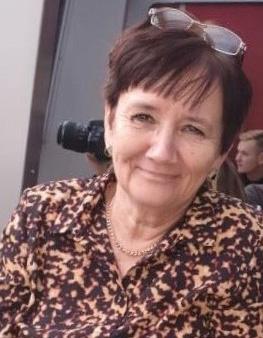
I had the best care and it will stay with me for the rest of my life.
Married father-of-one, Steve Crease, 54, an operations director for a carpentry and joinery company, from Broxbourne, Hertfordshire
Steve said: “I was rather poorly in the middle of March, with
breathlessness, a tight chest, a fever, cough, tiredness and a slight case of diarrhoea. I ended up being sent to A&E at The Princess Alexandra Hospital on 16 March, where I was taken to a ward with suspected pneumonia.
I was put onto oxygen as I was struggling to breathe. I then had a COVID-19 test, which came back positive. After a couple of days on the ward, I wasn’t progressing, and was then told I needed to go to the Intensive Care Unit (ICU).
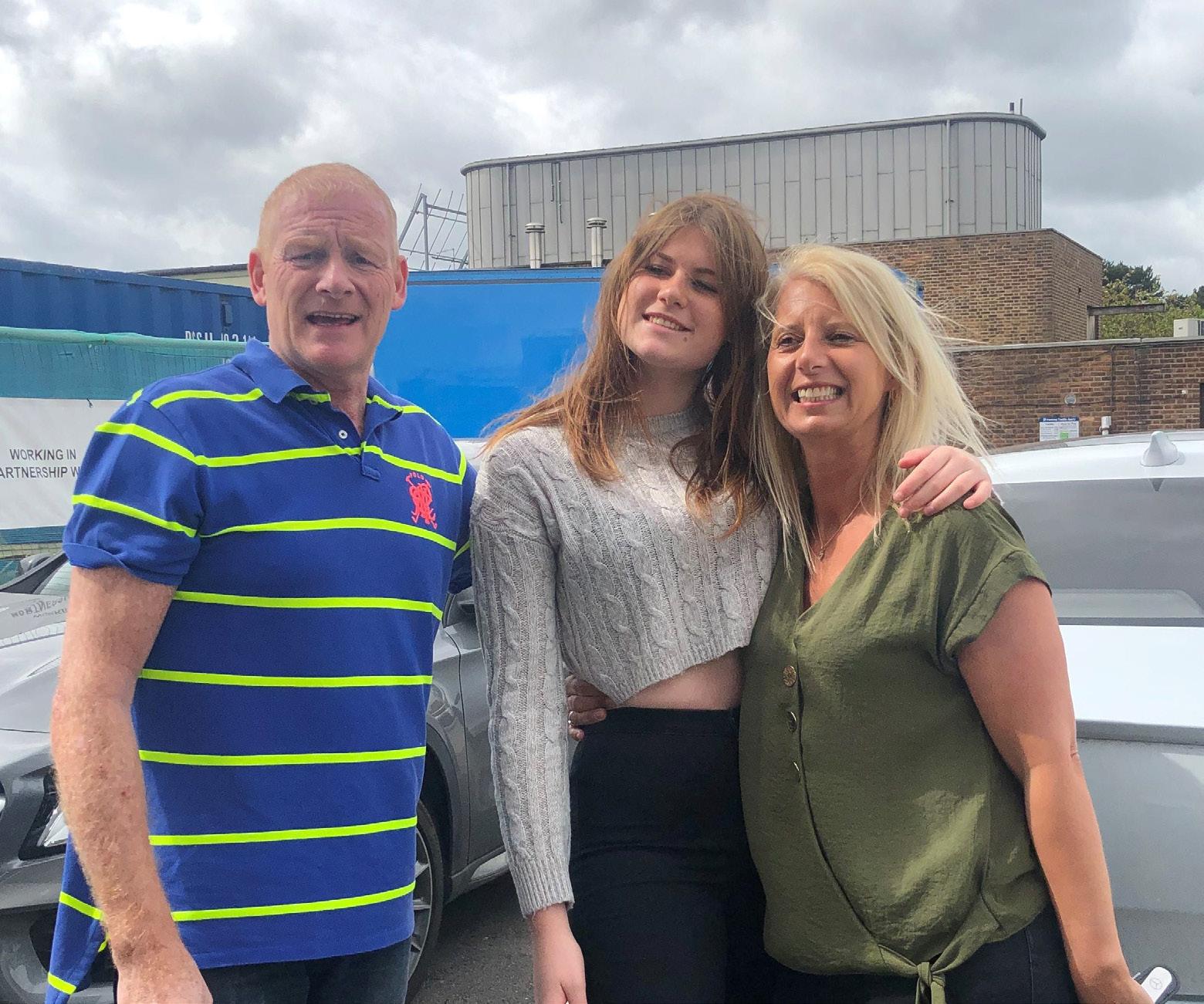
I phoned my wife, who was at home with my young daughter. When I was taken to ICU, I felt frightened. I was ventilated and I don’t remember the first part of it - I woke up about eight days later.
The doctors and nurses were absolutely fantastic, they got me through all of the issues that I had. I was having breathing issues, sleeplessness and fevers. The staff filled a shower cap with ice to cool me down, but the biggest issue they helped me with was to help me make a card for my daughter’s 16th birthday, which took two nights to make. I can remember that I didn’t know whether it was day or night.
After 11 days, I was gradually getting better, with help from the team and physiotherapists. I was then moved back to a ward and was weaned off of the oxygen. I was in hospital for just over three weeks overall, and was discharged on 7 April. I’m now back to work and doing a few hours a day. I’m feeling fantastic, I still get tired, but I’m getting there.
Everybody looked after me and brought me back to health. I’d like to say a big thank you from myself Steve Crease with his daughter Tamzin and wife Sharon.
and my family for saving my life and getting me home to my wife and 16-year-old daughter.
I watched first-hand what all the team do at the hospital and how compassionate and caring every single person I came into contact with was – it was very humbling. You will be forever in my heart and my family’s.
Steve and his family have now kindly made a large donation of treats as a boost for the hard-working staff, including chocolate bars and soft drinks. These have been served to our staff by aircrew from Stansted Airport who are offering a refreshment service at the hospital as part of the Project Wingman initiative.
Sarah Finney, 55, a retired exam invigilator and former nurse from Stebbing, Essex
Sarah said:
In August 2019 I was diagnosed with breast cancer, and after a mastectomy in October, I started chemotherapy my fifth dose of chemotherapy on 17 March, I felt unwell after about four days but put it down to the side effects of the treatment. I then developed a high temperature and a slight cough,
on Christmas Eve. Following followed by feeling breathless and achy, with a lack of appetite. Then, I became so unwell that I was admitted to The Princess Alexandra Hospital on 30 March.
The nurses were so lovely and welcoming, caring and
compassionate, they chatted and tried to help me relax so I could get some sleep. I continued to be on oxygen and intravenous (IV) antibiotics and was given a blood transfusion as my blood count was found to be low. I continued to be stable and my oxygen dose was gradually reduced, I improved, my appetite picked up and I was able to do more for myself as my breathing improved. I could not leave my room due to my lack of immunity and dependency on oxygen, so I was totally dependent on the nurses to help me with all my care. I was very well looked after and the staff were always happy to assist me.
My nine days in hospital were hard, being isolated from my family and not knowing whether I would improve, and the days were very long. I wasn’t scared, as the doctors kept me informed with my treatment decisions and I felt able to ask questions.
My recovery at home has been slow but gradual. Initially I was breathless with the slightest exertion and I had a lot of nausea. After about a fortnight that eased and I could physically challenge myself more. At this point I am five weeks post discharge and I can walk the dogs for an hour at a good pace with some breathlessness, but it’s so much better. My lung capacity is still reduced but each day things are a little better.
I feel very lucky that despite my low immunity from the chemotherapy, I survived coronavirus and it never caused me to be extremely ill. I am grateful to all the staff at PAHT for their care and dedication and I hope to never see them again (in the nicest possible way!).
Alongside caring for our patients with coronavirus (COVID-19), we have also continued to provide safe, high quality urgent care for all of our patients.
Patient Eileen Kay, 73, a retired management development manager from Elsenham, has shared her story about the
treatment she recently received
Eileen Kay.

during a serious illness.
Eileen said:
I had a bit of indigestion and I had been to the doctor. I have now been told I had severe diverticulitis (a digestive condition that affects the large intestine) which led to peritonitis (inflammation of the thin layer of tissue that lines the inside of the abdomen). I don’t know what caused it. I was well before, I was fit as a flea, I gardened, did aqua aerobics and swam, and I was a full-time carer for my husband before he died last year. I had no reason to expect this may happen.
I don’t remember a thing. I’m given to understand that I called an ambulance on 5 April. The next thing I knew I woke up in acute care weeks later, it was a total shock. I had had a tracheotomy and couldn’t speak. I understand that I went for surgery on the day of admission and was then ventilated for 24 days, and spent over four weeks in intensive care.
The care was really, really good. My surgeon, Helen Pardoe, kept looking in on me and all the staff were brilliant.
I was in The Princess Alexandra Hospital for a further two weeks until 18 May, when I was transferred to continue my rehabilitation at Saffron Walden Community Hospital.
I’m very happy and very lucky to be alive - it was a lifethreatening situation.
Miss Helen Pardoe, consultant colorectal surgeon, said:
Eileen was admitted with a serious surgical problem of perforated colon. She was in the theatre suite for many hours with a complex anaesthetic, underwent major surgery of more than four hours with us all in full personal protective equipment (PPE), spent weeks in the intensive care unit (ITU), was ventilated, sedated, and then on the ward recovering with the team.
While we continue to care for our patients with coronavirus (COVID-19), we are also providing high quality care for patients with a range of life-threatening illnesses and conditions. We were all extremely pleased to see that Eileen has made an excellent recovery and send our best wishes.

